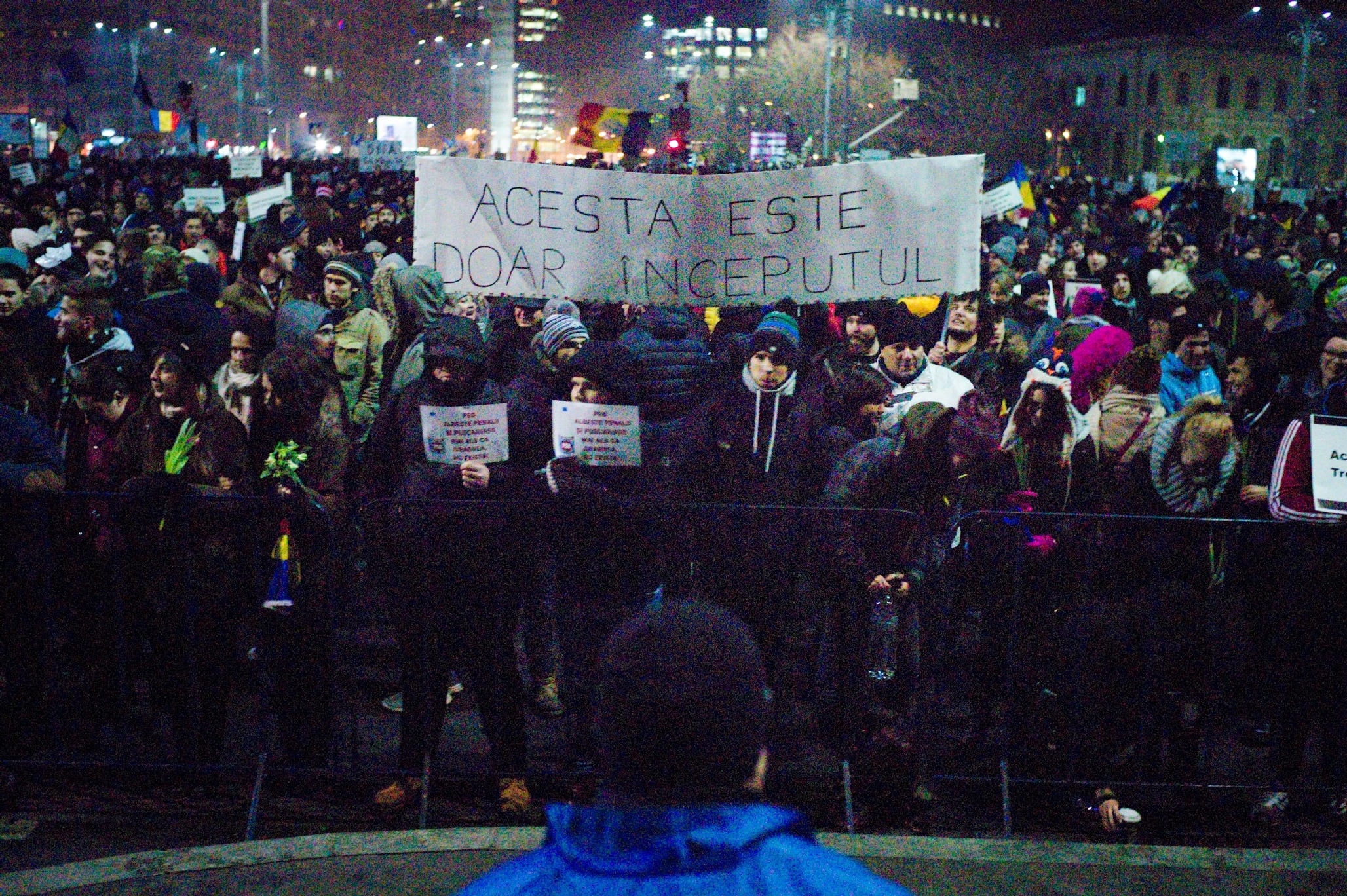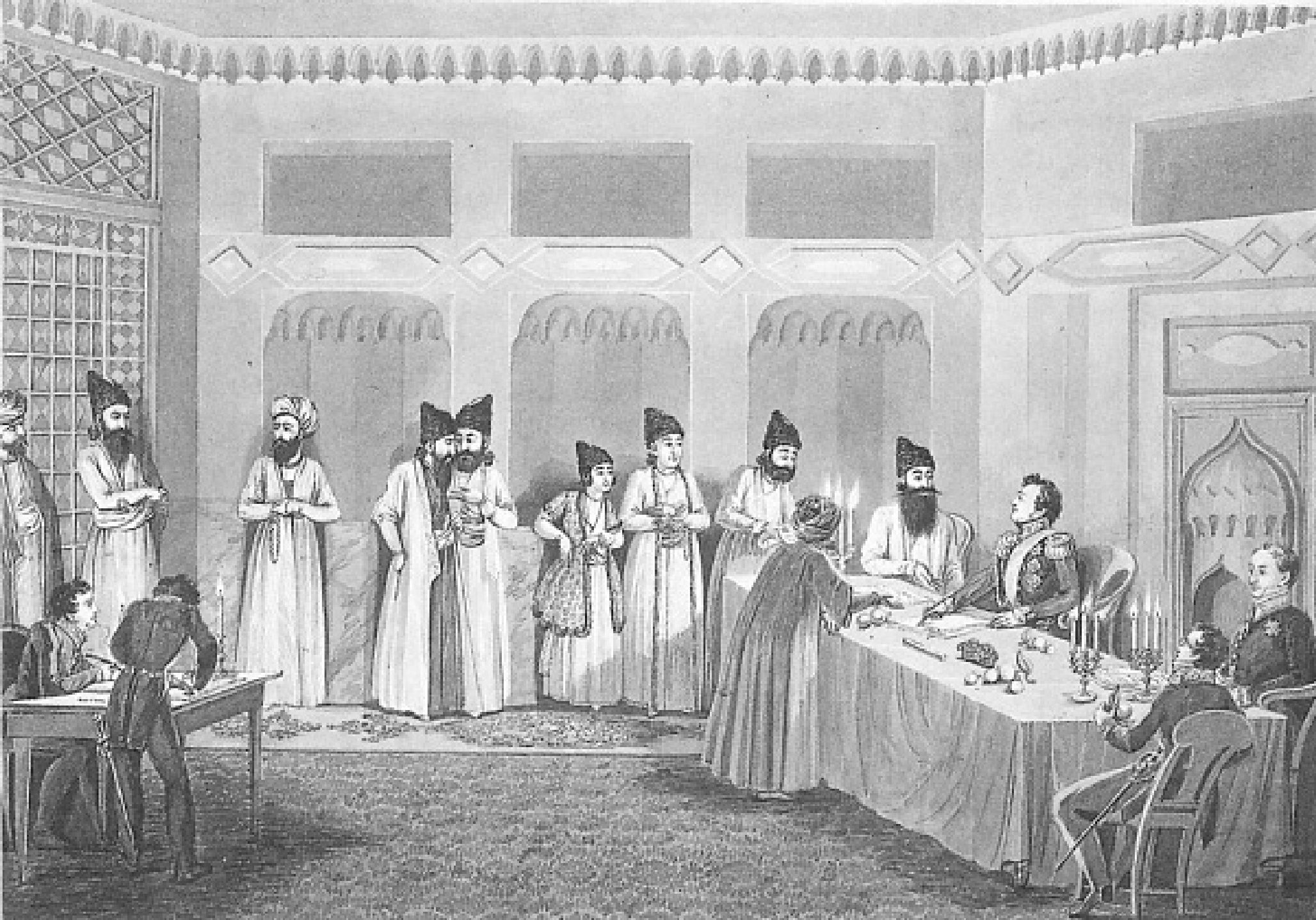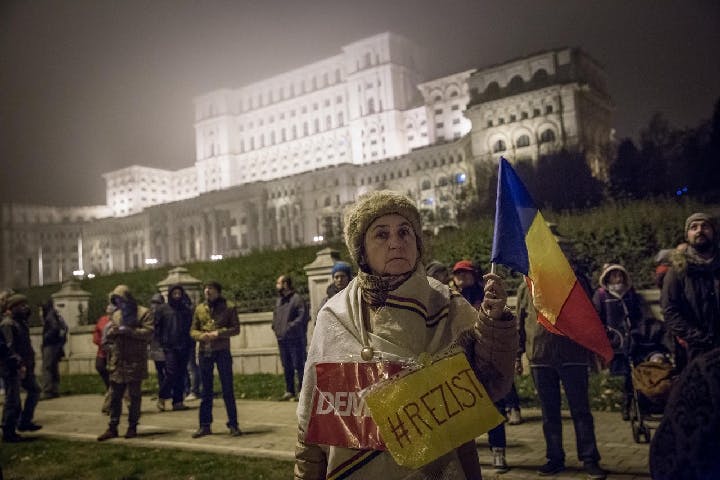WQ Dispatch - May 2021
– Richard Byrne
A monthly look at what we're reading and watching.
Greetings, subscribers! We are busily at work on the Summer 2021 issue of The Wilson Quarterly: "Conflict/Resolution." We’ll be looking at treaties and negotiations. Where they succeed. Where they fail. What new treaties would benefit the world?
Look for the new issue in mid-July.

In our Winter 2020 issue, Cătălin Tenită wrote about how nonviolent protests in Romania brought about concrete electoral change in that nation. (“The Step-by-Step Revolution”) These successful efforts led Tenită – and many other activists – to push forward actively into politics and governance to continue the work.
In December 2020, Tenită was elected to the Chamber of Deputies in the Romanian Parliament. We caught up with him recently to ask what’s happened since his article appeared.
Q: A year ago, you wrote: “Now, we are about to enter a new narrative. It is a narrative of change. But it also is a story of how Romanians will build efficient mechanisms to curb what they have just voted out: political assaults on fundamental values such as democracy, equality before the law, fairness and the rule of law.”
What happened in that year – and why did you believe that serving in Parliament might be your role in building the mechanisms?
A: A few weeks after writing the article for the Wilson Quarterly, I realized that my civic involvement must turn into political involvement. I understand that the substantial reform of the state is a process that can only happen from within. I realized that the mission of our generation is now to create institutions resistant to illiberal attacks, as well as inclusive, non-discriminatory public services capable of developing society. So I left a career of almost 20 years in entrepreneurship and decided to become a public servant – for at least the next four years.
My projects are very clear: Create as much transparency as possible through public access to open data to limit corruption; Convert rural libraries into digitized community centers that uphold democratic values and continuing education in an era of profound technological and social change; Create a national school lunch program, because in Romania over 20 percent of children in rural areas go to bed without having dinner and the drop-out rate is about 20-30 percent in some parts of the country.
I am also currently working on issues surrounding torture, including the enactment of a Magnitsky national act to punish those who perpetrate grave human rights abuses.

Q: What impact has COVID-19 had on Romania – both as a society and on the process of governing? Has it brought parties together, or divided them further?
A: In the years of the Black Plague, a monk from Erfurt observed that the plague brought out the best in good people and the worst in bad people. This is how I think it happened now, in the pandemic, both in Romania and everywhere in the world.
Our civil society mobilized and has worked miracles. Two wonderful ladies, Carmen Uscatu and Oana Gheorghiu, whom I have worked with in protests dozens of times, set up a temporary hospital for COVID-19 in just a few months. Marian Radună and all my colleagues from Geeks for Democracy organized volunteer call-centers to support the authorities’ communication efforts – and also created online applications, gathered food and money, and organized caravans for places where most of the inhabitants had lost their jobs.
On the other hand, the December 2016 elections brought to Parliament for the first time a party that, in the name of freedom, is an openly anti-vaccine, anti-scientific, which uses the restrictions caused by COVID-19 to support a profoundly populist, reactionary, anti-liberal agenda.
Q: Your article was a compelling narrative of resistance – the power of ordinary citizens to make change. Where is Romania headed now – as a nation and as part of the European community? How will that same citizen power help the country get there?
A: I am optimistic.
Romania has a future that can be better than ever. Immediately after the fall of communism in 1990, Romania was classified among the countries with a minimum-average economic level. In 2019, Romania entered the category of the developed countries for the first time. This was primarily due to the economic advancement of the last 20 years – including admission into the European Union and NATO and the country's connection to international trade. As a result, I believe that we will soon meet the criteria to be a member of the OECD and Schengen space.
I also see how our civic effort in the last four years to maintain the rule of law is now turning into commitments to enter politics or public administration. I have dozens of friends who have done this. They came from the private sector to work in positions that pay three-to-four times lower than their previous salaries. They now work harder than ever to bring the values and processes they applied in their work in the commercial, non-profit or academic spheres to public service.
It's not an easy thing because the present administration is a colossus that wants to maintain the status quo.
In fact, it is not just about the administration. It is also the strong network of interests built in the last 30 years, and composed of politicians, directors of public administration, and businessmen. They parasitize the public budget through corruption, nepotism, feudalism. It's about an entire system of rent-extraction mechanisms.
Still, as Bob Dylan said about 60 years ago, we really believe that "The Times They Are a-Changin'."

The murder of diplomat Alexander Griboedov and most of the Russian mission to Persia in Tehran on February 11, 1829 ranks among the most notorious diplomatic outrages of any century. His mission to enforce a harsh agreement imposed by Russia (The Turkmenchai Treaty) led to a massacre that saw Griboedov’s body decapitated, despoiled, and tossed in a ditch.
This brutal incident would have been consigned to a dusty corner of history save for one fact: Griboedov was also one of the preeminent writers of the early 19th Century. He was a friendly rival of Pushkin, and on the periphery of the Decembrist revolt that was brutally suppressed by Tsar Nicholas in 1825. His best known work was a play – Woe from Wit – which revolutionized Russian drama despite being performed only once in the author’s lifetime.
Griboedov’s literary greatness and bloody fate led to statues being erected in his honor throughout Russia. But perhaps the greatest monument to him was a novel written almost a century later by novelist and literary critic Yury Tynyanov: The Death of Vazir-Mukhtar (1927). A crisp new English translation of this dazzling and erudite novel by Anna Kurkina Rush and Christopher Rush – published in April by Columbia University Press – underscores Tynyanov’s signal achievement.
Tynyanov was one of the foremost proponents of Russian formalism – a school of literary theory that helped lay the groundwork for 20th Century structuralism. Russian formalists’ desire to divorce the study of literature from either authorial intention or cultural milieu eventually came under ferocious attack in Joseph Stalin’s Soviet Union. But by that time, Tynyanov already had begun to work in other forms – including historical fiction.
The density and depth of The Death of Vazir-Mukhtar envelop the reader. (The book has ample glossaries, thumbnail biographies of main characters, and notes as a guide.) Yet the novel also bubbles over with prose that illuminates and reflects as it carries the narrative forward:
Moonlight was falling on the black leaves of the trees, and the street was lit by a different warm yellow light, issuing from the window of the young man in love wearing that necktie. He had to be some minor clerk. It was the very same old silly moonlight that had been extolled by hosts of poets, whom Griboedov had ridiculed so much. The clerk was in love and sang the tritest of love songs.
But now, entering that strip of light, Griboedov sighed and hung his head. The clerk’s light was warm, yellow; it flickered and swayed: the wind was trying to blow the candle out. What force, what hostile space had again separated him from the clerk’s light – so silly, so laughable, and yet joyful to the point of tears?
Would his life be forever weighed down by those awkward words uttered by him in the fury of his heart – “woe from wit?”
Where did the coldness come from, the empty breeze between him and other people?
He stepped out of the strip of light.
Powerful currents of foreboding and doom flow through The Death of Vazir-Mukhtar, as Tynyanov distills the frustration of Griboedov’s literary ambitions, the perversion of his talents into bureaucracy, and the final failure of all his works. Yet the force of this tale is not only in its portrait of Griboedov’s generation. Written by a consummate artist in the midst of a stifling and repressive political moment, The Death of Vazir-Mukhtar is a sobering meditation on the fate of Tynyanov’s generation as well.
Readers with an interest in Russian history and literature, or a more general interest in how the Great Game was played in the 19th century, will likely find The Death of Vazir-Mukhtar riveting.

In our Spring 2021 article, “Transparency on Trial,” João Monteiro and Laís Martins laid out the Bolsonaro government’s attempts to suppress and conceal key national and regional COVID-19 data– as well as the efforts of media and civil society organizations in that country to bring them to light.
The article elicited an update on Brazil’s COVID-19 response efforts from its Ambassador to the United States, Nestor Forster Jr. His letter to The Wilson Quarterly is printed below:
The Brazilian government offers accurate numbers daily, as can be easily verified by visiting a website of the Ministry of Health with official statistics provided by local health authorities of Brazil’s 26 states and its federal district.
The referenced website serves as the main source of information concerning Brazil for the widely respected Internet visual dashboard operated by the Johns Hopkins University, which, in turn, provides data for the Our World in Data project developed in partnership with the University of Oxford.
The Brazilian government has also been sharing credible scientific information about the virus and its variants with its international partners, including the United States, in regular meetings coordinated by the White House with other countries.
The federal government invested over US$ 100 billion in 2020 alone in its effort to fight the pandemic, including direct cash transfers to more than 60 million economically-vulnerable Brazilians. With more than 40 million Brazilians inoculated up to now, Brazil ranks fifth in the world for total doses of vaccine administered. Health care personnel, the elderly, indigenous peoples, and residents of quilombola communities are among the priority groups for vaccination, which is provided free of charge to everyone in Brazil.
Cover photograph: Bucharest, November 2017. (Image by Stefan Voinea.)
